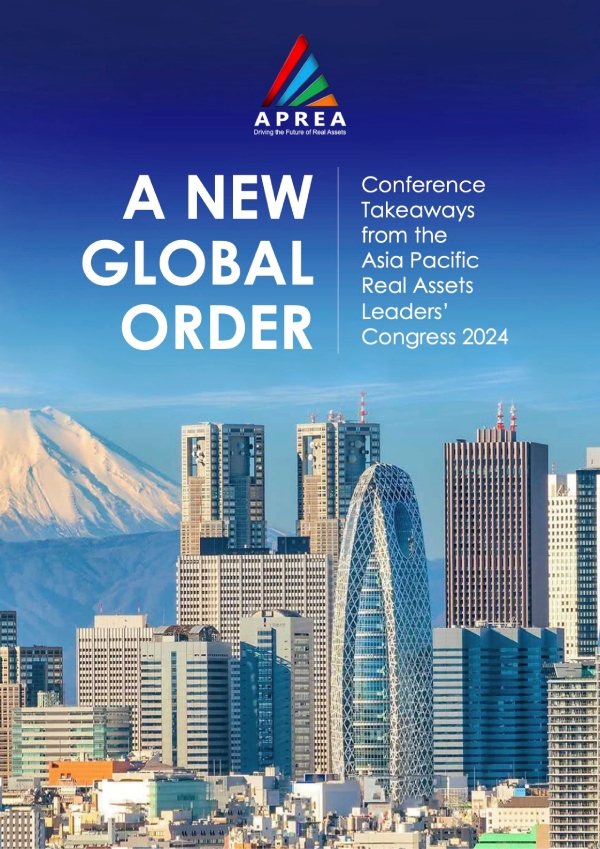CBRE’s 2025 Asia Pacific Investor Intentions Survey uncovered an improvement in buying intentions across most markets in Asia Pacific this year, with over half of respondents indicating their preference to buy more real estate in 2025. With the interest rate cut cycle underway in most markets, investors are gearing up for an increase in activity over the next 12 months, albeit with individual Asia Pacific markets staggered at different stages of the pricing and investment cycles.
Although real estate investment activity in most markets is forecasted to increase through 2025, the extent at which it will do so will differ according to location. While markets including Australia, Korea, Singapore, and Hong Kong SAR are expected to see gains in transaction activity in 2025, investors are less optimistic about the extent of rate cuts in 2025, which could weigh on investment sentiment throughout the year. After a strong 2024, Japan and India are expected to witness robust purchasing activity in 2025, with core/core-plus investment strategies in the former and opportunistic strategies in the latter most prevalent.
The survey was conducted in November and December 2024. Over 460 responses were received from participants who were asked a range of questions related to their buying intentions, perceived challenges and preferred investment strategies, sectors, and markets for the coming year.
Other key findings:
View the Report Read More
CBRE’s latest leasing market sentiment index reveals that overall leasing sentiment improved in Q4 2024, led by Japan and Korea, with the leasing pipeline to improve slightly across all sectors in 2025:
Read the Report Read More
APREA's flagship event, the Asia Pacific Real Assets Leaders' Congress, highlighted Asia’s growing importance as a prime investment destination amidst global macroeconomic shifts.
Key points:

The rise of mixed-use development platforms has prompted hospitality brands to diversify their offerings, expanding into residential spaces such as resort villas and luxury apartments to cater to a broader audience. This note provides an overview of the concept of Branded Residences and explores how the Indian market is adapting and evolving with this trend. As the hospitality sector in India is still relatively new to Branded Residences, this note highlights key features, incentives, and regulatory considerations, serving as a guide for both the hospitality and real estate sectors to make informed decisions.
Download the Report Read MoreIn today's highly competitive Asia Pacific retail market, retailers must continually create innovative products, services and experiences to differentiate themselves from their peers. With brick-and-mortar retail remaining an integral part of consumers' shopping journey, retail real estate continues to play a major role in the creation and delivery of innovative brand experience.
Based on its market-leading research, CBRE has identified 12 attributes that nurture innovation in retail real estate across four pillars: 1) Market size; 2) Consumer profile; 3) Retailer growth strategies; 4) Spaces that tell a story.
CBRE has used these attributes to create the Asia Pacific Retail Innovation Index, which analyses the innovation performance of major cities in Asia Pacific and identifies their strengths, weaknesses and relative appeal to retailers.
The report also provides recommendations to retailers and landlords on how to spark innovation and creativity in their portfolios to address the retail industry’s evolving needs and expectations.
Download the Report Read More